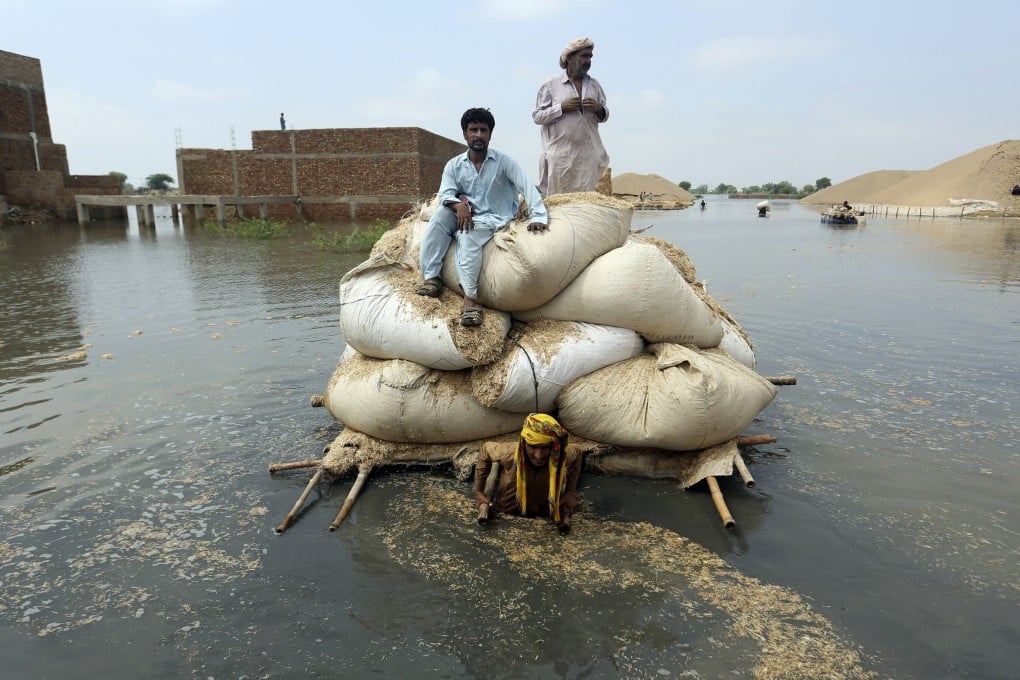Advertisement
Opinion | Global cooperation needed on climate change as emissions, temperatures continue to rise after pandemic lull
- There were hopes carbon emissions might have peaked as the Covid-19 pandemic’s disruptions led to large declines, but these have proved to be temporary
- Even in these troubled times, it is vital to seize chances to make international trade climate-friendly and encourage affordable green energy transitions
Reading Time:3 minutes
Why you can trust SCMP
2

It’s official: the Covid-19 pandemic was not the turning point for climate change that some had predicted. The lockdowns and border closures of early 2020 did force a massive reduction in daily greenhouse gas emissions, and this led some to speculate that emissions might have peaked in 2019, on the eve of the pandemic.
However, most major economies have failed to “build back better” and, today, the challenge of reducing emissions is bigger than ever.
According to data on the state of the global climate released by the UN’s World Meteorological Organization (WMO) last week, global temperatures and sea levels continue to reach new highs while floods, droughts and heatwaves cause widespread misery.
Advertisement
It reported that the increase in carbon dioxide from 2020 to 2021 was equal to that observed from 2019 to 2020 but higher than the average annual growth rate over the past decade. The increase in methane emissions from 2020 to 2021 was the largest on record.
The years 2015 to 2022 were confirmed as the eight warmest on record. The average global temperature in 2022 was already about 1.15 degrees Celsius above pre-industrial levels, surging towards the 1.5-degree threshold set by the Paris Agreement.
Advertisement
These are numbers with real human consequences. In its provisional report for 2022, the WMO also recalled the multiple “extreme events” – disasters, in everyday terms – that struck last year.
Advertisement
Select Voice
Select Speed
1.00x
